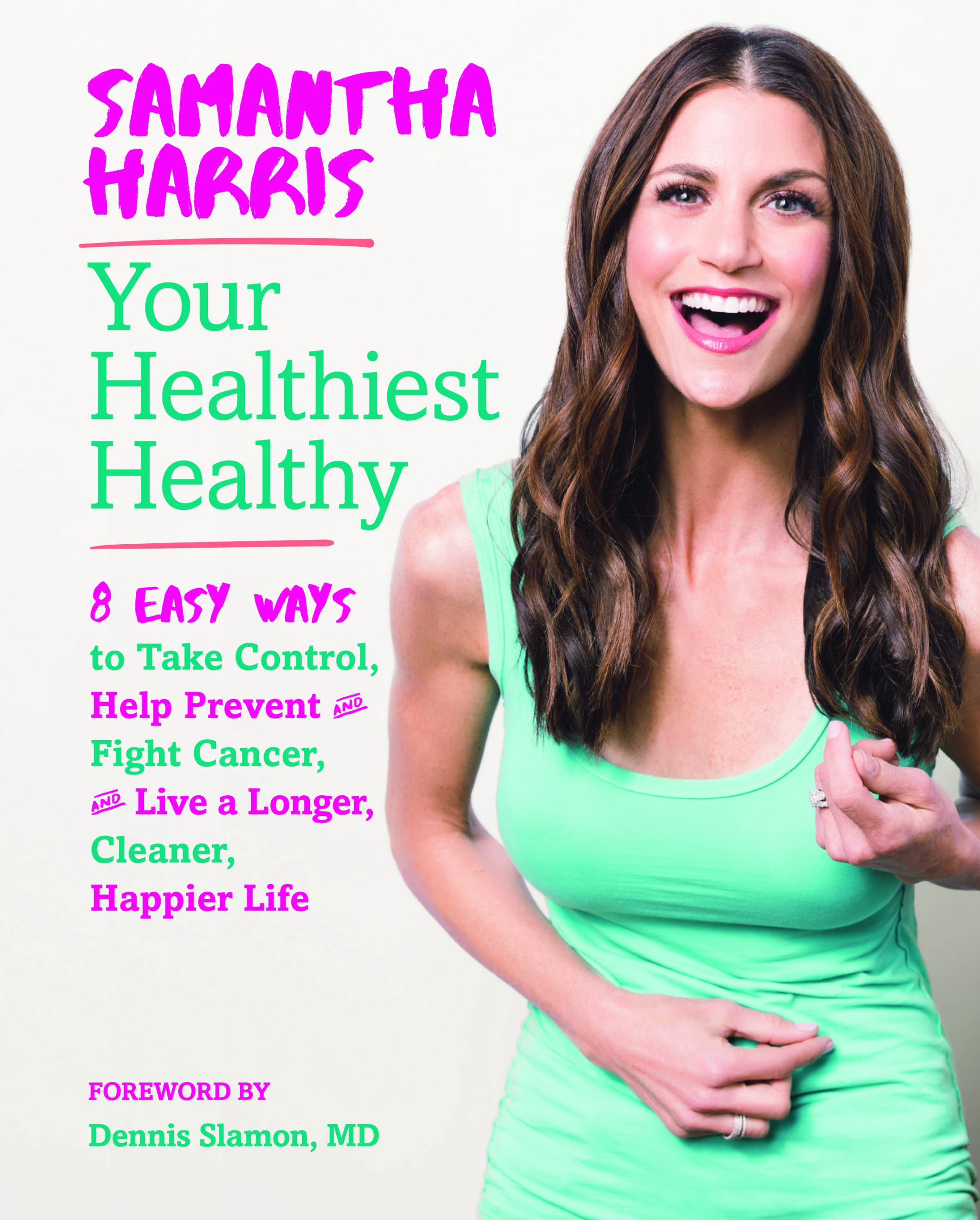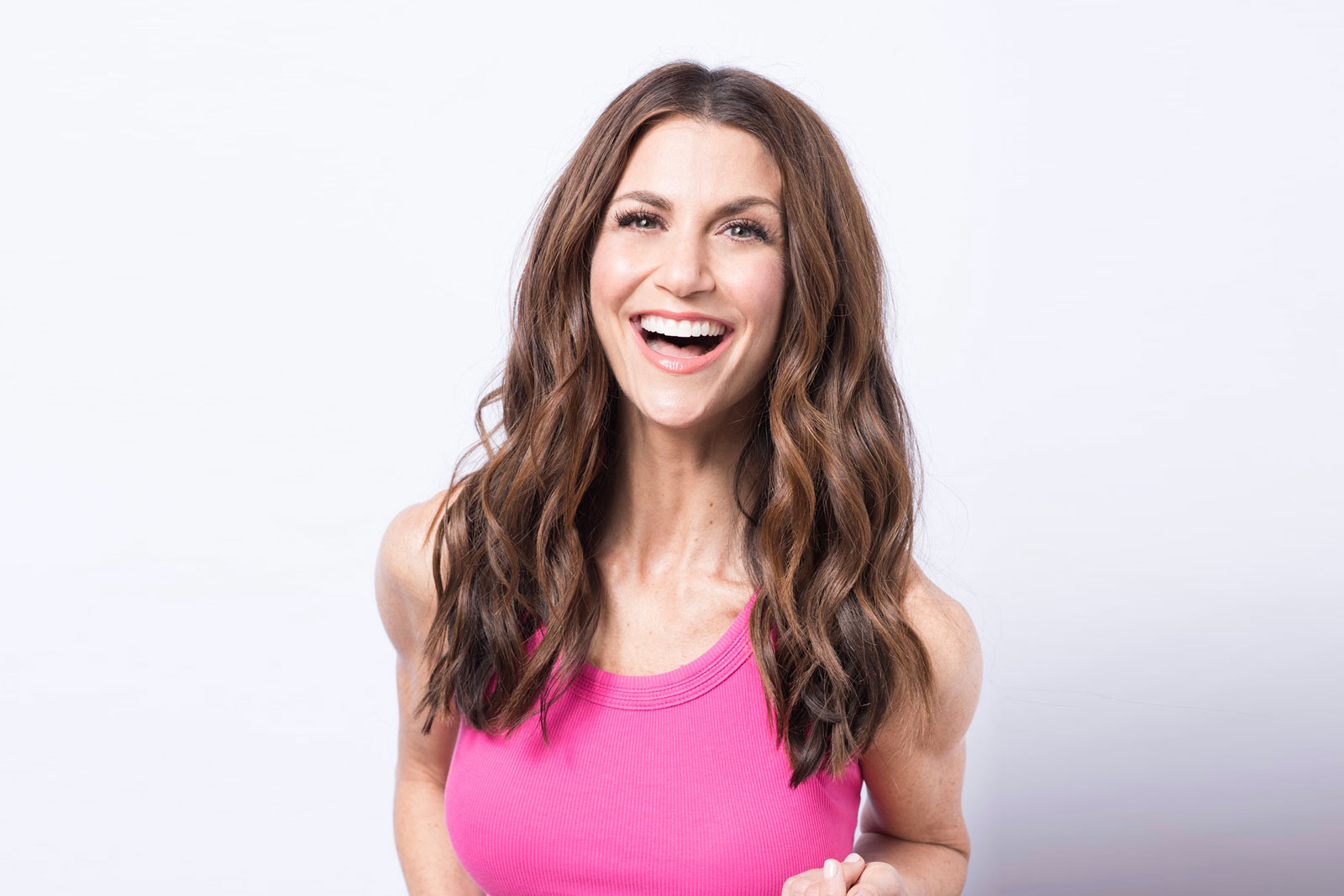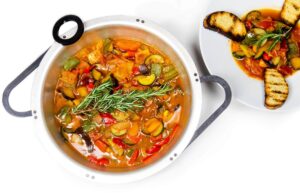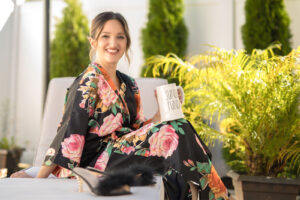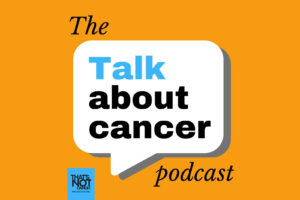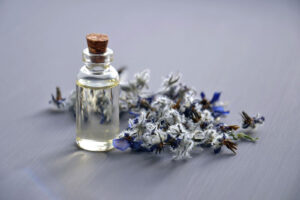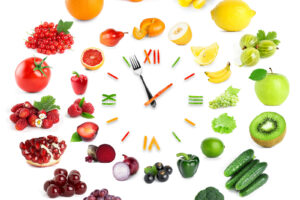Samantha Harris wants you to find your healthiest healthy. It may not look the same for everyone, but there are some fundamentals she advocates for, like positive self-talk, regular exercise, and clean beauty. But learning all of this didn’t come easy for the celebrated television host of shows like “Entertainment Tonight,” “Dancing with the Stars,” and “The Doctors.” No, it was her surprise breast cancer diagnosis at the age of 41 that fueled Harris to reevaluate her own everyday practices. Harris found two lumps in her breast, but was told by two doctors over the course of a few months that it was “nothing.” It took Harris’ nagging gut instinct to schedule a follow-up with a surgical oncologist.
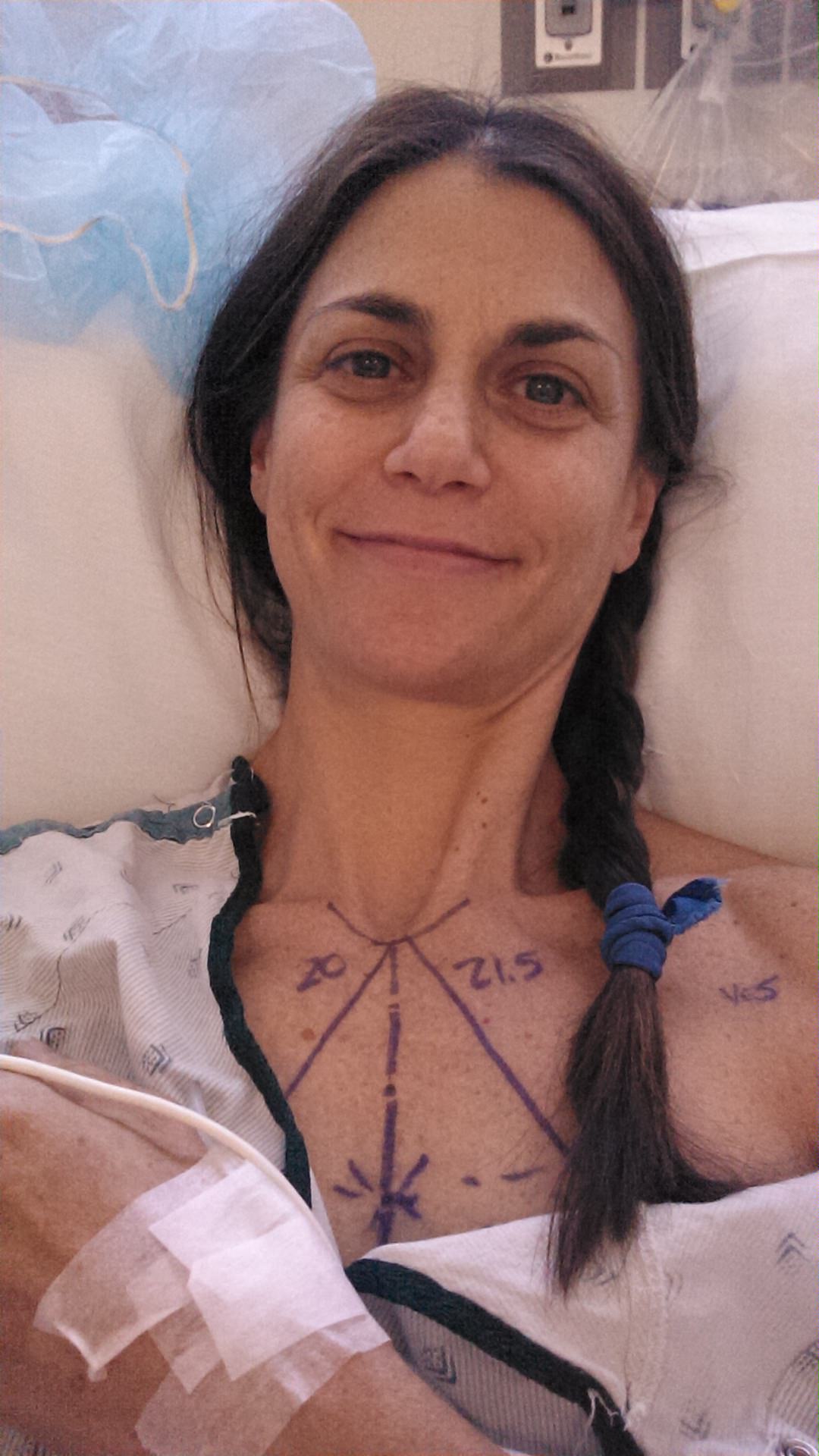
“The crazy thing about it is that none of the tests even detected the cancer,” Harris begins. “But what we found was that the needle biopsy found an unusual collection of cells that were proliferating.” Although cancer was not initially detected, the oncologist still suggested a lumpectomy. It wasn’t until her final pathology results a week after the lumpectomy that she finally received an answer: invasive ductal carcinoma. Harris later opted for a mastectomy where she learned it also spread to her lymph nodes.
“I was completely blindsided by a breast cancer diagnosis,” Harris admits. “I was more fit and healthier than I’d ever been, or so I thought. I was always very vigilant about my health and nourishing my body and taking care of myself.” Unsurprisingly and despite being what she describes as a “really happy-go-lucky person,” her cancer diagnosis fueled overwhelming anxiety. “[It got] to a point [where] I finally stepped down one day and made a conscious choice to turn my perspective around because I knew it was going to be a long journey, and it was a feeling I could not bear to feel for the unknown foreseeable future.”
Harris describes this conscious choice as a “mind-shift.” “The power of positivity is infectious,” she says. “Not just to the people around you, but to yourself.” With everything she encountered on her cancer journey, Harris tried to find a positive spin. Although receiving a breast cancer diagnosis was emotionally devastating, Harris was thankful she advocated for herself. Not doing so could have made her cancer journey longer and more debilitating in the end. And while the treatments were tough on her body, Harris was thankful to have great insurance to cover them, a large support system to keep her spirits up, and an otherwise strong and fit body to recover more easily.
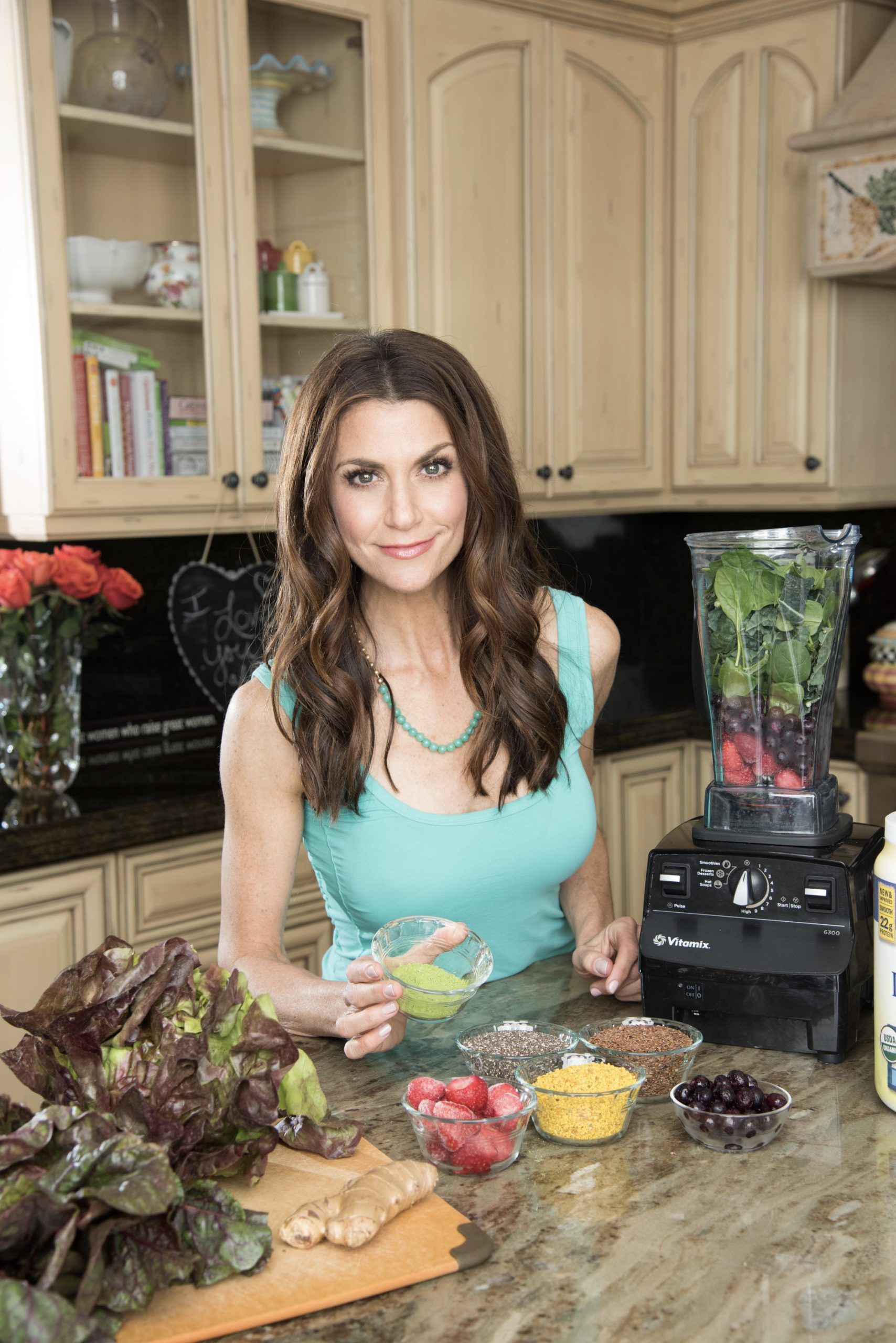
Now, Harris encourages others to advocate for themselves in her new book, “Your Healthiest Healthy” (Sterling, September 2018). The idea for the book came after a battery of extensive genetic testing and research. Harris does not have the BRCA gene mutation, so she turned to her investigative skills to learn what could have led to her diagnosis. “I spoke to every expert I was able to, and I determined that it is what you put in, on, and around your body that really has a profound effect on your overall health, [leading] to chronic diseases [like] cancer and diabetes and heart disease,” Harris says. “So the changes I began to make to stop further cancer diagnoses in the future, I [knew] I [had] to share with other people.” Some of those changes are emotional, like the shift in mindset and positive self-talk she utilized during her treatment. Others required more effort. “It’s something that I am trying to teach my kids: to read nutrition and ingredient labels, and to understand what the words mean,” she says. “Beyond reading flour, sugar, water, people don’t necessarily know—what’s maltodextrin? What’s sucrose? What are the horrors of high fructose corn syrup, and do you know it’s liquid poison?” Other areas she covers include questions to ask doctors before, during, and after a diagnosis, reinforcing personal relationships, and how to shop for the best food, beauty, and other personal care products. It’s all about being empowered, in one’s personal life and as a consumer. “It’s about small, gradual changes that you integrate into your life in a way that works for you,” Harris begins. “And then, once those become a part of your daily habits and routine, you say, ‘OK, great. I’m ready to level up now. “What’s next?’”
Harris also created Gotta Make Lemonade, an online community of shared stories of inspiration from people “knocked down by anything in their life,” not just a health diagnosis. The idea came to her during another moment of finding the positivity in things. “When I was in bed recovering from my mastectomy and I had that woe-is-me moment, my husband just looked at me and said, ‘You gotta make lemonade.’ And then he paused and said, ‘I think maybe we should do something about that.’” The site, she says, is about finding the light when darkness is so palpable.
Like all things in life, Gotta Make Lemonade is not just about getting knocked down, but about what you do with it to make things better. “My lemonade was my book, ‘Your Healthiest Healthy,” she says. “It’s not to say everything has to be all rose-colored and rainbows and unicorns, but when you’re having a down moment, it’s important to remember it is a rollercoaster. You will come back up.”
